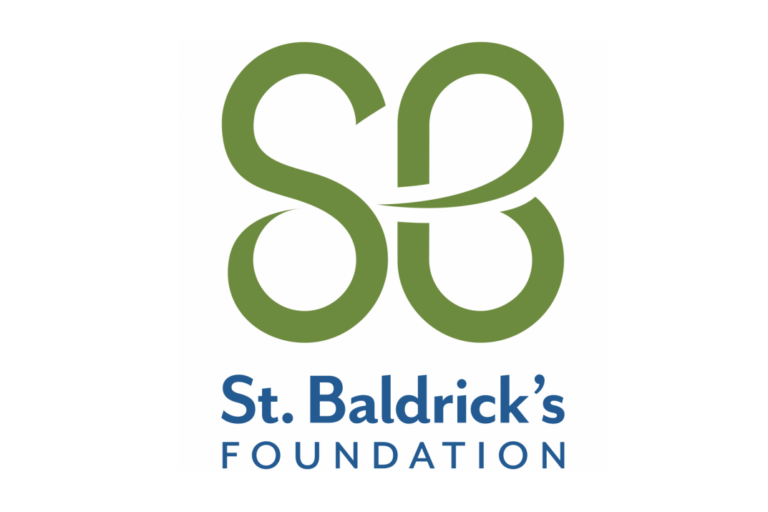In an effort to promote research and scholarship conducted by Marquette faculty and staff, the Office of Marketing and Communication and the Office of Research and Sponsored Programs have partnered to present a monthly recap of recent grants awarded to faculty and staff.
This report will be featured in Marquette Today each month.
The following grants were awarded to university faculty and staff in June 2020.


 College of Nursing receives scholarship to support disadvantaged students
College of Nursing receives scholarship to support disadvantaged students
Sea and Self: An exhibition and programming series celebrating diasporic identity
$20,000 – Greater Milwaukee Foundation
 Rachel Kieselburg, manager of museum administration with the Haggerty Museum of Art
Rachel Kieselburg, manager of museum administration with the Haggerty Museum of Art
Abstract: This exhibition celebrates María Magdalena Campos-Pons, her pioneering work and unique vision. Best known for her trailblazing performances on the slave trade, race, gender, identity and Afro-Cuban religious traditions, Magdalena Campos-Pons’ work on the sea makes important contributions to art history, Caribbean Studies and the environmental humanities. By repeatedly underscoring the ocean and thinking about it through cycles, she resists categories organized around national narratives that seek to place art in a linear continuum. Not only is the sea a site of loss and memory — a point which Caribbean thinkers have often made — it is also a mother and giver that is under threat.
Identifying contributions of prefrontal cortical circuit plasticity to stress-induced deficits in cognitive function
$404,850 – National Institutes of Health
 Dr. Matthew Hearing, assistant professor of biomedical sciences (principal investigator)
Dr. Matthew Hearing, assistant professor of biomedical sciences (principal investigator)
Dr. Eden Anderson, research assistant professor of biomedical sciences
College of Health Sciences
Abstract: Exposure to unpredictable environmental stress is widely recognized as a major determinant of risk and severity in neuropsychiatric disease. Stress-related deficits in cognitive control can impair flexible behavior, increase susceptibility to negative life events (e.g., stress), reduced control over emotional behavior and promote development of habits. This project focuses on obtaining a better understanding of how the prefrontal cortex uses distinct networks to regulate decision-making and how exposure to chronic stress alters the physiological properties of these circuits to produce impairments in cognitive flexibility.
Regulation of germline function and oocyte quality under stress
$459,000 – National Institutes of Health
 Dr. Lisa Petrella, assistant professor of biological sciences
Dr. Lisa Petrella, assistant professor of biological sciences
Klingler College of Arts and Sciences
Abstract: One of the most fundamental aspects of female reproduction is the production of high-quality eggs that will result in healthy progeny. There may be a trade off between the number of eggs a female can produce and the quality of the eggs. In this grant, researchers are investigating how the female reproductive organ chooses when and which eggs to remove by a process called apoptosis to ensure that the remaining eggs are of high quality when the female experiences environmental stress.
Documenting prevalence, characteristics and mental health interventions for youth with Type 1 Diabetes and positive depression screens
$19,588 – Medical College of Wisconsin
 Dr. Astrida Kaugars, associate professor of psychology (principal investigator)
Dr. Astrida Kaugars, associate professor of psychology (principal investigator)
Klingler College of Arts and Sciences
Dr. Joan Totka, clinical assistant professor
College of Nursing
Abstract: The goal of this project is to develop a standard protocol for care and documentation of diabetes patients with positive depression screens. The research team will evaluate the care provided to youth with Type 1 and Type 2 Diabetes who screen positive for depression or suicidal ideation. This will be accomplished by reviewing written documentation to see if positive depression screen results were discussed, and whether mental health interventions, if appropriate, were offered by the Diabetes Clinic to a patient.



